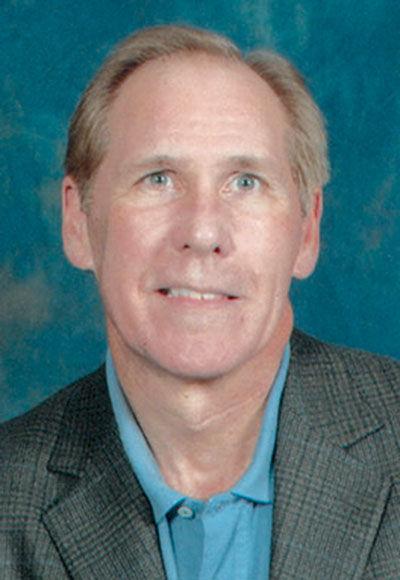A thirty-cent phone call
I was thinking lately about when phone calls were divided between local and long distance. This segregation sometimes was strange, since I knew some who lived on different phone exchanges and when they talked, one paid a toll and the other didn’t.
And then I remembered two incidents in churches when long distance charges became an issue.
I served a church in Indiana while a student in Louisville, and we made the 75-mile trip every weekend. The nearest mid-sized town where the emergency clinic and grocery store were was long-distance, telephone-wise. For some reason Rachel got in her mind that her pastor was going to make long-distance calls and “stiff” the church with charges. At a business meeting she brought this up. Rachel moved that the pastor be responsible for all long-distance calls he made on the church account.
“This needs to be in our minutes,” she insisted.
I think, as moderator, I smiled sweetly, but I do remember remarking under my breath, “You better be sure you get a pastor you can trust!”
Then some years later there was the pastor search committee who showed up unannounced at our church in Alabama. The chair approached me after worship and asked if they could meet with my wife and me for a few minutes. The only question I can remember is he asked if either of us had been divorced. After this impromptu meeting, he announced that if the committee was interested in talking further, they’d call me. If not, they wouldn’t call and save their church a long-distance charge.
The chair never called back, so I’ve sometimes wondered what they did with the 30 cents they saved.
Congregations encourage members to give generously to budget needs, but there are different opinions about the “outgo.”
For example, I heard about a local church discussing lately whether to pay for youth camp for everyone, or to ask the youth to contribute some of the fees themselves. Either position is arguable.
Some members say, “God gives freely, and so must we.” Others insist church is God’s business and we need to be frugal with what he’s given us.
Mildred was in the latter group, and held sway as church treasurer, or designated check-writer. She had everyone scared to ask for reimbursements, so, most often, members would give me their receipts and ask me to pass them along to her. Later we installed a message center where we could sort mail for church officers, and I didn’t have to face Mildred’s scowl as much.
Local churches must decide for themselves how to prioritize spending, and who is authorized to spend.
This is one of the most difficult things we’re called on to do.
Reflections is a weekly faith column written by Michael J. Brooks, pastor of the Siluria Baptist Church, Alabaster, Alabama. The church’s website is siluriabaptist.com.


Meet the Editor
David Adlerstein, The Apalachicola Times’ digital editor, started with the news outlet in January 2002 as a reporter.
Prior to then, David Adlerstein began as a newspaperman with a small Boston weekly, after graduating magna cum laude from Brandeis University in Waltham, Massachusetts. He later edited the weekly Bellville Times, and as business reporter for the daily Marion Star, both not far from his hometown of Columbus, Ohio.
In 1995, he moved to South Florida, and worked as a business reporter and editor of Medical Business newspaper. In Jan. 2002, he began with the Apalachicola Times, first as reporter and later as editor, and in Oct. 2020, also began editing the Port St. Joe Star.